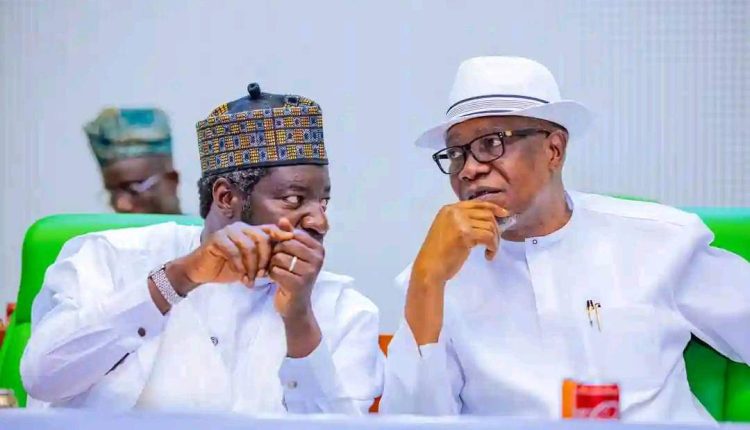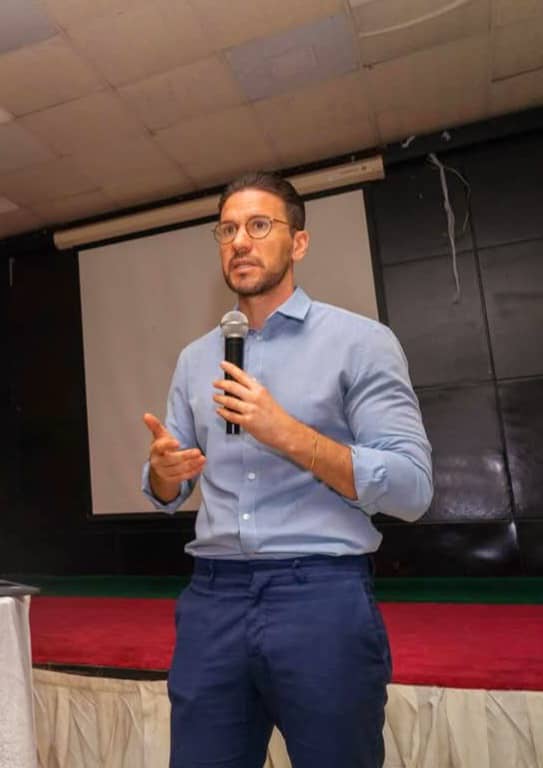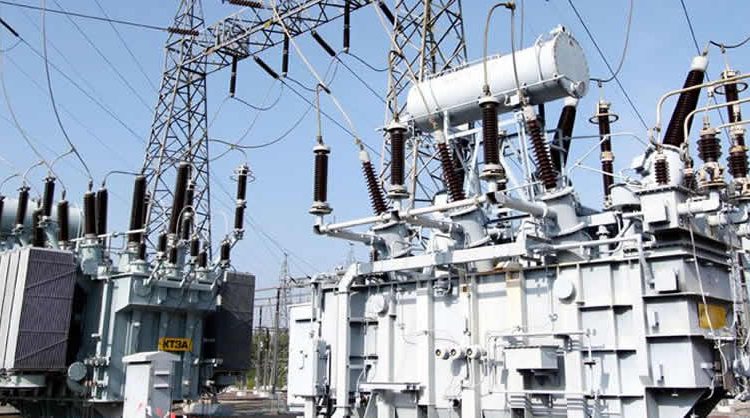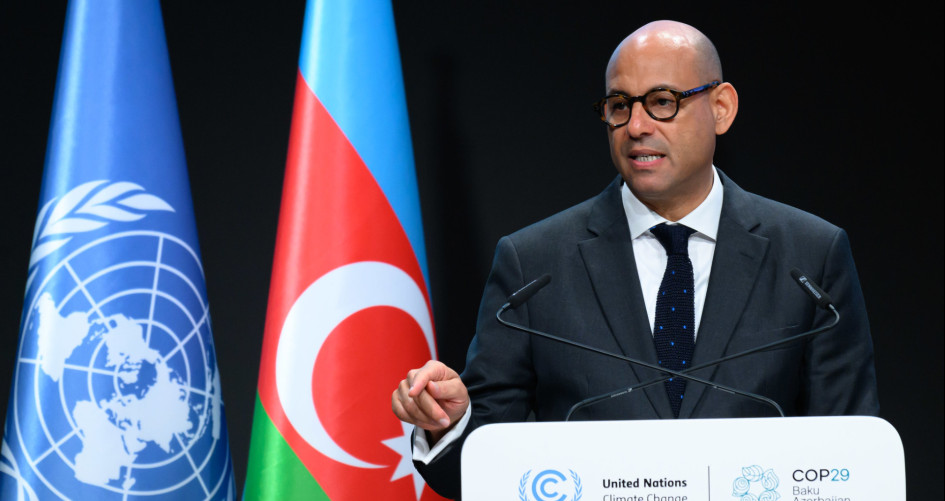The speaker of the House of Representatives has emphasised the value of the marine sector intervention in Nigeria’s in improving the country’s economic diversification efforts to boost economic growth and development.
The Speaker of the House of Representatives, Mr. Tajudeen Abbas, says the focus on marine intervention is firmly rooted in the legislative agenda of the 10th House of Representatives, particularly in the goals of Economic Diversification and Agricultural Development.
He said this at a Public Hearing on the Nigerian Marine Corps Bill by the House Committee on Navy, at the National Assembly Complex, in Abuja.

He said that the hearing represents another step in the shared commitment to the democratic process and collective resolve to advance the security, stability, and prosperity of our great nation.
“Central to these goals is the exploration and sustainable development of the Blue Economy. This aligns closely with our commitment to addressing Climate Change and promoting Environmental Sustainability. Among other efforts, this includes engaging stakeholders to review the National Oceans Policy, which emphasizes the sustainable management and conservation of Nigeria’s marine and coastal resources.
“Today’s hearing, however, centres specifically on maritime security—an essential pillar for harnessing the full potential of Nigeria’s maritime sector. The proposed bill seeks to establish a Nigerian Marine Corps to safeguard national maritime and related infrastructures, protect our territorial waters and coastal lands, and enhance security mechanisms within Nigeria’s maritime domain.
“Globally, nations have recognized the importance of dedicated marine forces in securing their maritime interests. The United States Marine Corps, the Russian Naval Infantry, and the South Korean Marine Corps are prime examples. These entities provide invaluable support for amphibious operations, maritime security, and national defence. Our vision for the Nigerian Marine Corps is no different. This is not merely about creating another military branch but establishing a specialized and well-trained unit to address Nigeria’s unique maritime challenges and opportunities.
“The realities of our time demand bold action. Global peace is increasingly fragile, and Nigeria faces security challenges exacerbated by its proximity to regions of instability. As such, it is pragmatic and necessary for Nigeria to bolster its military capabilities, with a strong emphasis on naval warfare and maritime security.
“However, this is not solely a matter of defence. The Marine Corps, as envisioned in this bill, will also play a pivotal role in promoting climate and environmental sustainability. By aiding in the management and conservation of Nigeria’s coastal resources, the Corps will contribute to the broader national and global agenda of environmental stewardship,” Mr. Abbas said.
Maritime security
The Chairman of the House of Representatives Committee on Navy, Mr. Yusuf Gagdi, said that Nigeria needs to have a marine corps due to its vast maritime resources and the increasing threats to maritime security.

The lawmaker noted that establishing the Nigerian Marine Corps is a strategic initiative to enhance the country’s maritime prowess, protect our waters, and foster a secure environment for trade and economic growth.
He said the call for the establishment of Coastal Guard represents a proactive step towards safeguarding the national interests and ensuring the safety of the coastal and marine environments.
Mr stressed the need for collaboration and dialogue in shaping the future of the nation’s maritime safety and security.
“Establishing the Nigerian Marine Corps is not merely a legislative effort but a strategic initiative to enhance our maritime prowess, protect our waters, and foster a secure environment for trade and economic growth.
“Given Nigeria’s vast maritime resources and the increasing threats to maritime security, this bill represents a proactive step towards safeguarding our national interests and ensuring the safety of our coastal and marine environments,” Mr. Gagdi said.
He urged the stakeholders to present at the hearing to make meaningful contribution.
“Today, we look forward to valuable insights from all stakeholders present, as your contributions will play a significant role in refining and strengthening this bill.
“Together, let us work towards ensuring that the Nigerian Marine Corps is equipped to fulfill its mandate effectively, serving the security needs of our country while fostering collaboration among all agencies involved in maritime activities,” he said.
In their separate submissions, the Chief of Training & Operations of Nigerian Navy, Rear Admiral Olusegun Ferreira; Coordinator, NIMASA, Abuja Zonal Office, Mrs. Moji Jimoh and Director, Legal Services, Nigerian Shippers Council, Mr. Bala Saleh; underscored the need to strengthen the already existing agencies, rather than creating new ones which could pose more security threats to the nation.
All the Members of the Civil Society Organisations who attended the public hearing, spoke against the Bill, urging the House to kill the Bill during the third reading, describing it as unnecessary.
Those who spoke on behalf of the CSOs include, Abdullahi Bilal, Spokesman for Security Analysts & Research Forum in Africa; Okwa Daniel, Executive Director, Centre for Social Justice, Equity & Transparency; Daniel Momoh Prince, National President, Nigerian Unemployed Youth Association; Igwe Ude-Umanta, Convener, Coalition of Civil Society Organisations on Economic Watch; Opialu Fabian, Executive Director, Centre for Human Rights & Advocacy in Africa Network; amongst others.
Adjourning the hearing, Mr. Gadgi assured Nigerians that due diligence would be done in carrying out legislative actions on the Bill.
He said the Committee was an impartial body and would not take sides in doing its work.
Credit VON: Text and images excluding headline




